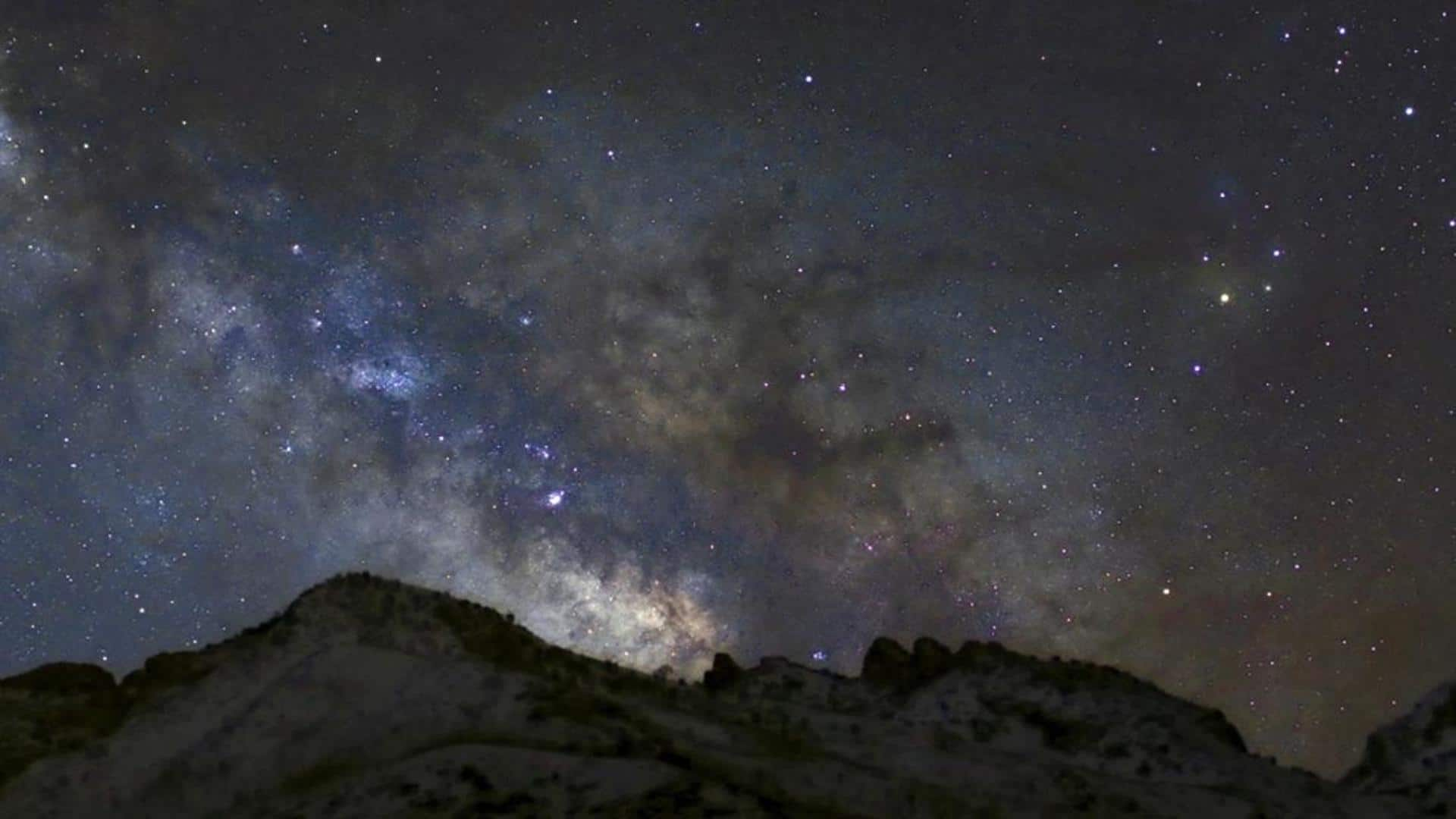
Mark your calendar for these must-see astronomy events this week
What's the story
This week is going to be an exciting one for skywatchers. As many as three interesting celestial events are bound to grace the night sky. If the weather permits, you will be able to observe these stunning nighttime displays. From the first lunar eclipse of this year to the Eta Aquarids meteor shower, here is a list of events you cannot miss out on.
Meteor shower
Eta Aquarids meteor shower will peak on May 4-5
The Eta Aquarids meteor shower—known for its fast speed—will peak on May 4-5. This year will be special. Experts predict that there will be a meteor "outburst," which means we might be able to see twice as many meteors. Although southern hemisphere is preferable for viewing the meteor shower, experts say double the number of meteors might be seen from the northern hemisphere also.
Cause
What sparks the Eta Aquarids meteor shower?
During the peak, you will be able to see up to 40 shooting stars or "meteors" per hour. The meteors are estimated to travel at a speed of 66km/s. The Eta Aquarid meteor shower occurs when the Earth passes through the trail of debris left behind by Halley's comet. However, the full moon might hinder your viewing experience.
Full Moon
The full Moon will be seen on May 5
The Moon will be seen at its fullest on May 5. You will also be able to spot Venus and Mars above the western horizon. The upcoming full moon is called the Flower Moon, to symbolize the abundance of flowers that are seen at this time of the year. May's full moon is also popularly called Corn Moon or Corn Planting Moon.
Lunar eclipse
First lunar eclipse of 2023 will occur on May 5
We will also get to see the first lunar eclipse of the year. It will be a penumbral lunar eclipse, which takes place when the Moon passes through the Earth's penumbra or the faint outer portion of the planet's shadow. The upcoming lunar eclipse will be visible from Asia, Australia, parts of Europe, some regions in the Pacific Ocean, and some portions of Africa.
Information
Will the upcoming lunar eclipse be visible in India?
The lunar eclipse will be visible in India, provided the skies are clear. It will start at 8:41pm IST and will peak at 10:52pm IST. It will end at 1:01am IST on May 6.